In Japanese, yaeba 八重歯 means "overlapped teeth," that is: it's when a person grows up and their teeth become misaligned due to lack of space (overcrowding), and then one tooth gets pushed forwards or upwards, ending up in front of another tooth, rather than staying in line side by side.
Often, yaeba means having fang-like, protruding canine teeth, due to it often being the canine teeth that end up protruding when a person's teeth become misaligned. In Japan, this sort of yaeba is considered cute, and there are countless characters with yaeba in anime and manga.
Meaning
The term yaeba refers to one specific type of misaligned teeth, the one in which one tooth ends up in front of the other. Technically it can be any tooth, but, in practice, the term is normally used to refer to a protruding canine tooth.
Anime: SSSS.GRIDMAN (Episode 6)
The word yaeba does NOT mean having misaligned teeth in general, and it doesn't mean overcrowding or other dentistry terms.
- sousei
叢生
"Dense growth." Misaligned teeth due to overcrowding. (in dentistry.) - ranguiba
乱杭歯
(same meaning.)- rangui
乱杭
Palisade. A defensive fence made out of planks planted on the ground. This term specifically refers to the sort planted at irregular angles so they can pierce charging enemies.
- rangui
Anime: Dororo どろろ (Episode 1)
- Almost all characters in Dororo are drawn with misaligned teeth (ranguiba).
- The series is set in the "warring states period," sengoku jidai 戦国時代, which spanned from the 15th century to the start of the 17th century.
- Pierre Fauchard, the French dentist often credited with inventing modern orthodontics, lived in the 18th century
- In other words, none of the characters in Dororo could have their teeth straightened since the technology just wasn't there yet.
Words synonym with yaeba include soiba 添歯 and oshiba 押歯.
A yaeba that protrudes out of the mouth is also called an oniba 鬼歯, literally "oni teeth."[鬼歯 - kotobank.jp, accessed 2020-04-25.]
- An oni 鬼 is an demon-like or ogre-like apparition in Japanese folklore typically depicted with fangs or tusks.
Translation
The word yaeba is sometimes inexactly translated to English as "snaggletooth" and "double tooth."
A "snaggletooth" means a protruding tooth, which includes a broken tooth, and a broken tooth isn't what yaeba means.[snaggletooth - merriam-webster.com, accessed 2020-04-24]
A double tooth may mean tooth gemination, which is "a dental anomaly describing an oversized or abnormally shaped tooth that seems to be comprised of two teeth." This, too, is different from what yaeba means.[What Is Tooth Gemination? - colgate.com, accessed 2020-04-24]
Kanji
The kanji of yaeba 八重歯 mean literally "eight fold teeth."
- hachi
八
Eight. - omonaru
重なる
To accumulate. To pile up. To overlap. - ha
歯
Tooth.
Teeth. (plural.)- ha は becomes ba ば due to rendaku 連濁.
Although the prefix yae 八重 originally meant "to overlap eight times," literally the way it's written, however, it later gained the more general meaning of "to overlap multiple times," including, even, mere two times. [八重 - 精選版 日本国語大辞典 via kotobank.jp, accessed 2020-04-24]
This is probably where the translation "double tooth" comes from.
Some similar words include:
- yaezaki
八重咲き
Double-blooming. Double-flowered. A flower that has extra petals.- saki
咲き
Bloom. (noun.) - saku
咲く
To bloom. (verb.)
- saki
- yaezakura
八重桜
A double-flowered cherry blossom.- sakura
桜
Cherry blossom.
- sakura
Culture
Culturally speaking, in Japan, yaeba is considered to be cute and an attractive feature. This contrasts with how teeth are viewed in the United States, for example.
In the United States, the standard is having perfectly aligned, perfectly white teeth, even though teeth aren't naturally pure white.
Japanese men consider Yaeba, commonly known as “snaggletooth” in North America, endearing and youthful in women. Meanwhile, the British generally prefer a more natural smile with imperfections than the “perfect” American smile. They view the American smile as unnaturally uniform, artificial, and often vain.(Khalid and Quiñonez 2015:784)
In a "Questionnaire Survey about Dental Aesthetics to Students of Dental Hygiene," taking place in the Tsurumi University, Yokohama, Japan, the question "is yaeba cute?" was answered "yes" by 61.8% of the first-year students and 46.6% of the third-year students, compared to 11.8% and 20.7% that answered "no." The remnant were indifferent.(田中宣子 and 加藤保男 2012:88)
If you're from a country that culturally prefers aligned teeth, yaeba might not make any sense to you.
After all, if you had a child with misaligned teeth, you'd bring them to the dentist get some braces or something. You'd expect any parent to do the same. It doesn't make sense for adults to have yaeba, as that implies their parents did nothing about it.
Indeed, the situation is even weirder than that.
Not only do adults have yaeba, but celebrities also do have yaeba. And I'm not talking about something like a sports celebrity, I'm talking about singers, models, idols. Japanese women whose careers depend on their appearance have yaeba.
Thus, it's evident that yaeba isn't frowned upon in Japan, it's even favored by some.
And the situation is even weirder than that.
Since yaeba isn't a minus, but a plus, the next logical step is for people that don't have yaeba, that have perfectly aligned teeth, to seek ways to deliberately get that cute misaligned yaeba look, because obviously their correct teeth doesn't hold a candle to yaeba adorbs.
付け八重歯
The term tsuke-yaeba 付け八重歯, literally "attached yaeba," refers to an artificial tooth glued over the canine by a beautician to get that cute fang appearance.
One random establishment offers two types: one purely ornamental that's removable by the client and one that stays on, designed taking in consideration eating, and that must be removed by the beautician. The former costs around 32000 yen ($297) per tooth, the latter 55000 yen ($511).[付け八重歯 - takagi-ds.com, accessed 2020-04-24]
In Anime
In manga and anime, yaeba is the Japanese term for the anime fang.
Just like in real life, yaeba is considered to be cute in anime, too, making it a moe attribute.
Generally speaking, characters that have yaeba in anime have yaeba simply because it's cute and that's it. It carries no deeper meaning or connotation.
Anime: Free!, フリー! (Various Episodes)
- Top: Rin, elementary school age, anime fang, yaeba 八重歯.
- Bottom: Rin, high school age, gizaba ギザ歯, "jagged teeth."
In some cases anime yaeba is even symbolic: the placement of the fang may change according the camera angle, rather than staying at the same side of the mouth like an actual physical feature.
Anime: Fate/Apocrypha (Episode 16)
- hadairo no yaeba
肌色の八重歯
Skin-colored yaeba.- In some cases, the anime fang is drawn as an indentation on the upper lip, rather than as a tooth.
- See also: lip fang.
Note that, in some cases, characters drawn with anime fangs don't have misaligned teeth (yaeba), but, instead, actual "fangs," kiba 牙.
Right: Kusakabe Yuki 日下部雪,
Anime: Demi-chan wa Kataritai, 亜人ちゃんは語りたい (Episode 4)
- kyuuketsuki
吸血鬼
"Suck-blood demon." Vampire.
Etymology
Apparently, there are a few theories around the internet regarding the origin of the word yaeba 八重歯.
By which there's a single post on the internet from 2011 that claims there are three theories without sourcing anything.[八重歯の語源を探る - yaebasuperstar.blog123.fc2.com, accessed 2020-04-24]
- It's just similar to other words with the yae 八重 prefix.
- It was originally spelled yaeba 弥重歯, but the spelling changed because it was easier to write.
- It comes from an actress' name, Mizutani Yaeko 水谷八重子 (1905–1979).
Among these, the only one that has any validity for me is the first theory.
The second theory appears to have been copied, without credit, from a web page published in 2003 or earlier.[八重歯 - union-net.or.jp/cu-cap, accessed 2020-04-24]
The 2003 page is part of a website that compiles random vocabulary trivia, and vaguely and broadly sources a now-defunct website that contained a BBS-style online forum.[jubako.com via web.archive.org, accessed 2020-04-25]
If you search on Google for the allegedly original yaeba 弥重歯 spelling, you will not find a single instance of that spelling being used before the 2003 page. It's not used in books, or in old poems, or in anything. It's only found in posts around the internet talking about the origin of yaeba.
The same applies to the third theory. You'll only find the search terms Mizutani Yaeko and yaeba together in posts made by random users saying they just learned the origin of yaeba. You won't find a credible source corroborating this claim.
Source: kinouya.com/idb16.htm, found on wikimedia (Public Domain)
In fact, I can actually disprove this third theory myself.
The entry for yaeba in the dictionary Nihon Kokugo Daijiten 日本国語大辞典 cites as example of usage a poem published in 1695, centuries before Mizutani Yaeko was born.[精選版 日本国語大辞典 - kotobank.jp, accessed 2020-04-25]
- hanayome no yaheba kakusu mo ichi keshou
花嫁の重(やへ)歯隠すも一化粧
A cosmetic to hide the bride's yaeba. (俳諧・昼礫(1695) as cited by the dictionary.)- I'm not sure my translation is correct.
Therefore, there's no way the word yaeba comes from her name.
The only origin of yaeba that's plausible is the simplest one: it's just a portmanteau of the yae 八重 prefix to the "tooth" noun ha 歯.
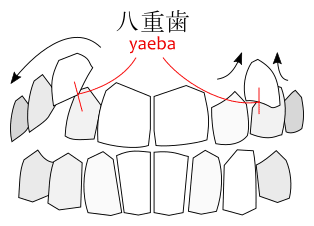
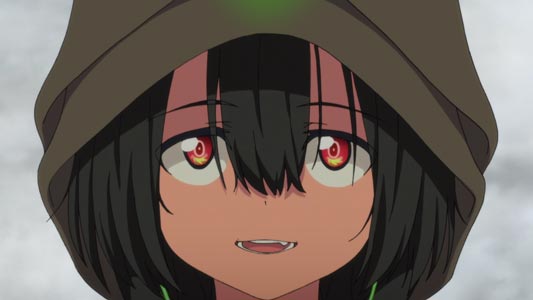
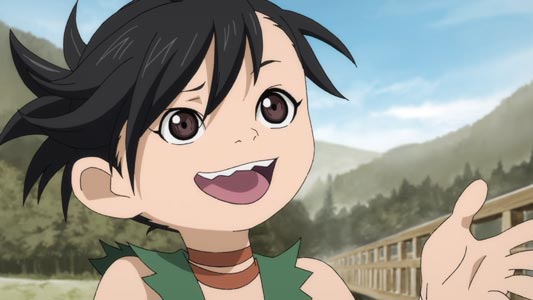
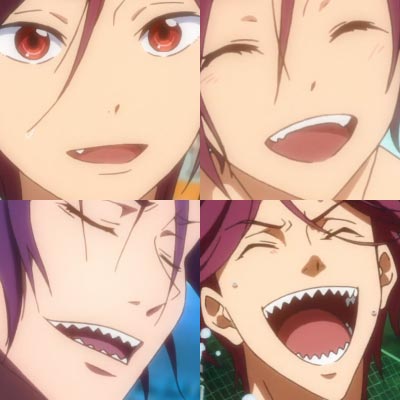
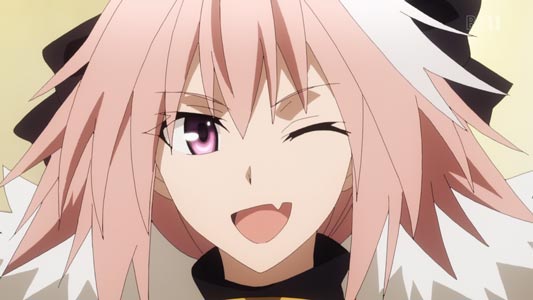
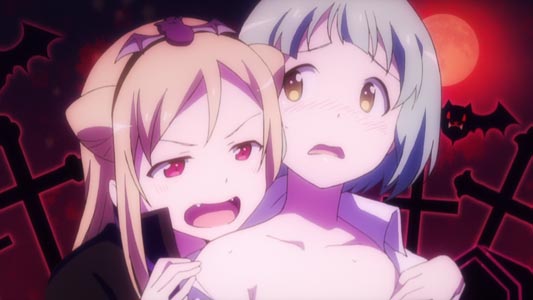
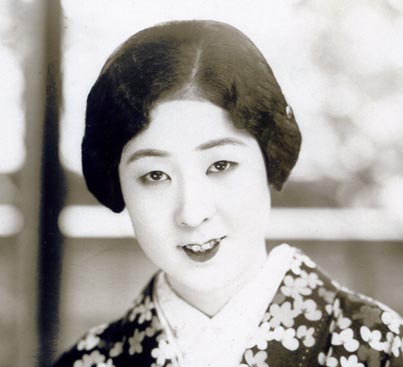
No comments: